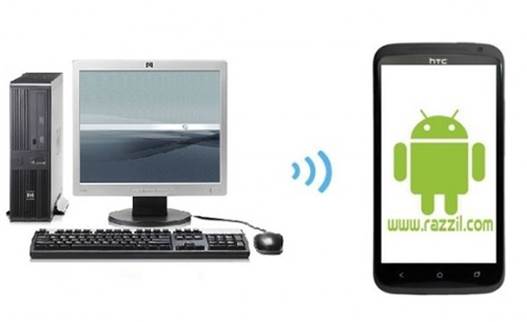The possibilities of developing mobile device apps might be endless, but at the same time they present a series of completely new obstacles and solutions that are not often associated with the traditional web application.
This fact derives from the modern world; because of BYOD (Bring your own device) environment, which presents itself in a wider policy of allowing the use of personal mobile devices like smart phones, tablets or laptops in official workplace and in service to the company, means that more and more individual users need access to the mobile application.

On the other side, regular consumers continue to flourish with ever increasing number of mobile devices in the general population. This means that both professional collectives and ordinary users demand their access to the app at any time, from any place, and through the use of a wide range of different devices. Because of this growing demand in accessibility, as well as flexibility, mobile development teams often encounter significant obstacles. One of the technologies that can greatly help in this process is mobile cloud computing. By providing an online hub for the data flow, many new options and solutions offer themselves to the development teams. In this field, Mobile Enterprise Application Platform, also known as MEAP from the moment this term was coined in 2008 is definitely a prominent choice. MEAP is a collection of services and products that enhance the development process of mobile apps.
This comprehensive solution aids the development by managing variation in device types, user groups and networks during the process development. While other app solutions offer similar options as individual solutions, MEAP offers the comprehensive cloud-base suit that covers all of them and favor long-term solutions. Here are some of the most distinctive advantages to using mobile cloud computing in this form.
Configure your Experiences in real time
The MEAP type suit is able to offer an experience to its users that can be both personalized and customized. This way, the workflows are open to grafting, and new services that utilize other technologies can be added. All this is achieved in real-time, which greatly decreases the cost in terms of manpower and time. This feature, in essence, allows mobile development teams to produce apps that their users can configure and modify in real-time and without any usual problems like usability or down-time.
User Delight
Many apps in the field of enterprise aim for administration and control, impacting the overall user experience. By harnessing the power of mobile cloud computing and MEAP suit, they receive an experience with a high level of automation, without the need to sacrifice control levels. This way, MEAP produces fine results in both domains.
Enterprise Integrated
Currently, there is a large difference between an app produced for consumer and one produced for an enterprise. First is a stand-alone application that does not access a specialized flow of data, while an enterprise app does exactly this. This form of mobile cloud computing provides a hybrid solution, where a development team can produce an integration with different data flows while keeping its services. This ensures that apps stay relevant in the world where more and more users are getting more willing to adopt advanced communication options on their mobile devices.
Scale
The ability to produce scaling when it is demanded by the users is what many development teams strive for. MEAP architecture based mobile cloud computing provides it and removes problems like retooling or additional development. Instead, the suit itself utilizes principles that allow it to take its share of hard work in the cloud environment itself, while the front end of an app remains equally functional for the user and customers.
All these benefits make the mobile enterprise application platform architecture a very good solution for many problems mobile app developers find in the modern application marketplace.
About The Author: Deney Dentel is the CEO at Nordisk Systems, Inc., a managed server virtualization and cloud computing service provider company from Portland, OR. Deney is the only localised and authorised by IBM partner.


